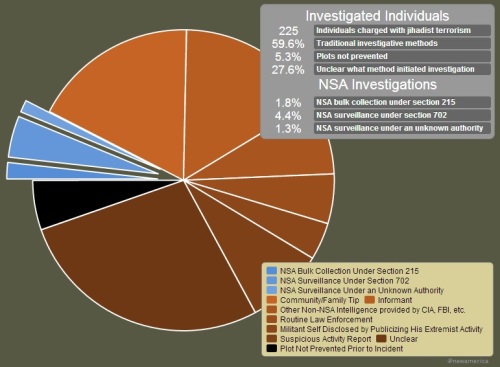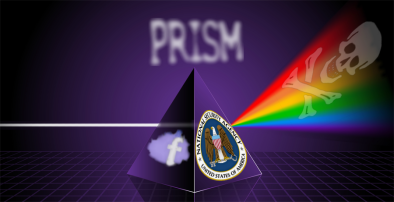02/25/2014
There’s a debate raging in DC and around the world about the extensive National Security Agency (NSA) surveillance programs that were first revealed this past summer–not only about whether the surveillance is consistent with constitutional and human rights, but also about the costs and the benefits of such mass surveillance. New America’s National Security Studies Program recently addressed the “benefits” question by releasing an in-depth research report demonstrating that the NSA programs have done little to prevent terrorism.
This event from New America’s Open Technology Institute (OTI) will look at the other side of the coin and examine the costs of the NSA programs. Such costs include not only the direct cost to the American taxpayer, but also the cost to the American Internet industry (by some estimates over $180 billion within the next few years), the cost to America’s foreign relations and its work to promote “Internet Freedom” globally, and finally, the cost to Internet security itself.
Introduction:
Anne-Marie Slaughter
President & CEO, New America Foundation
Moderator:
Kevin Bankston
Policy Director, New America Foundation, Open Technology Institute
Featured Speakers:
Daniel Castro
Senior Analyst, The Information Technology and Innovation Foundation (ITIF)
Mieke Eoyang
National Security Program Director, Third Way
Richard Fontaine
President, The Center for a New American Security (CNAS)
Ross Schulman
Public Policy and Regulatory Counsel,
The Computer and Communications Industry Association (CCIA)
Micah Sherr
Assistant Professor of Computer Science, Georgetown University
Related Link: Tiny Constables and the Cost of Surveillance (Bankston/Soltani)


